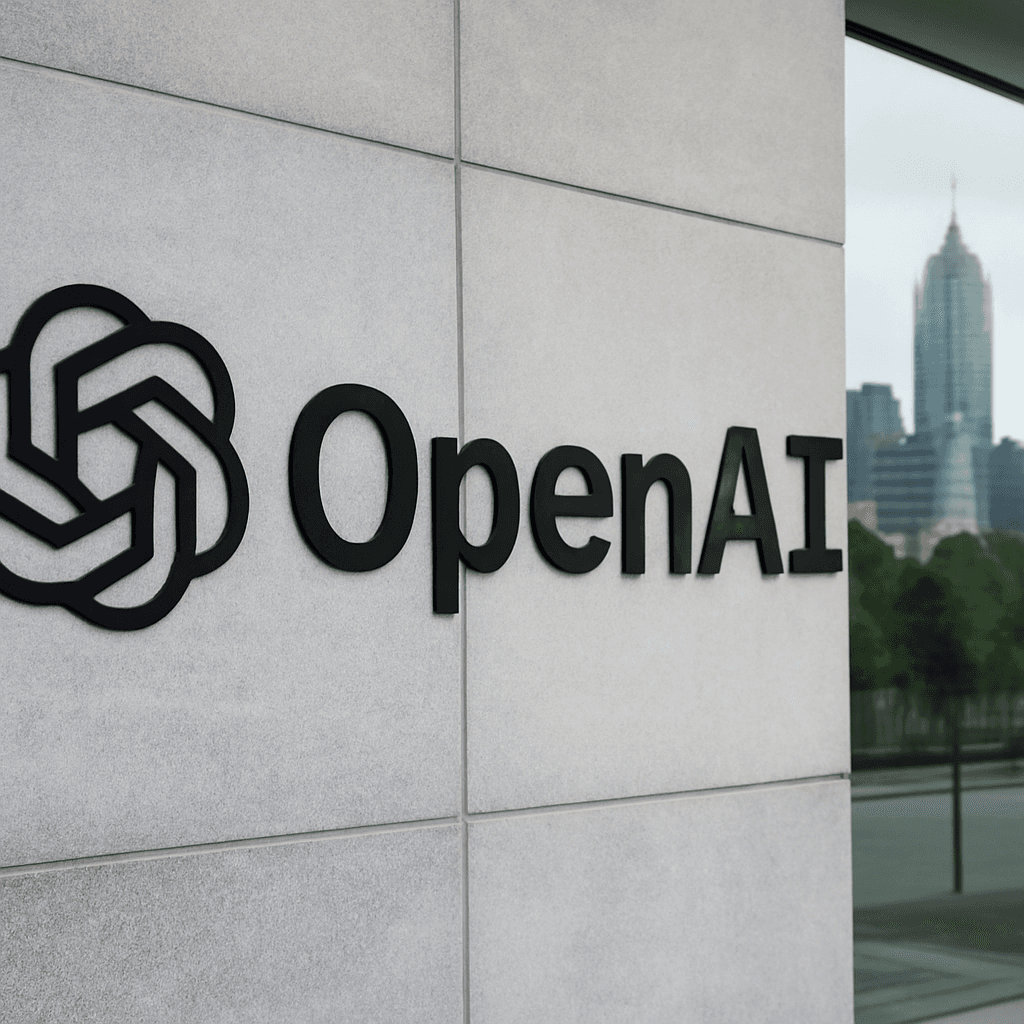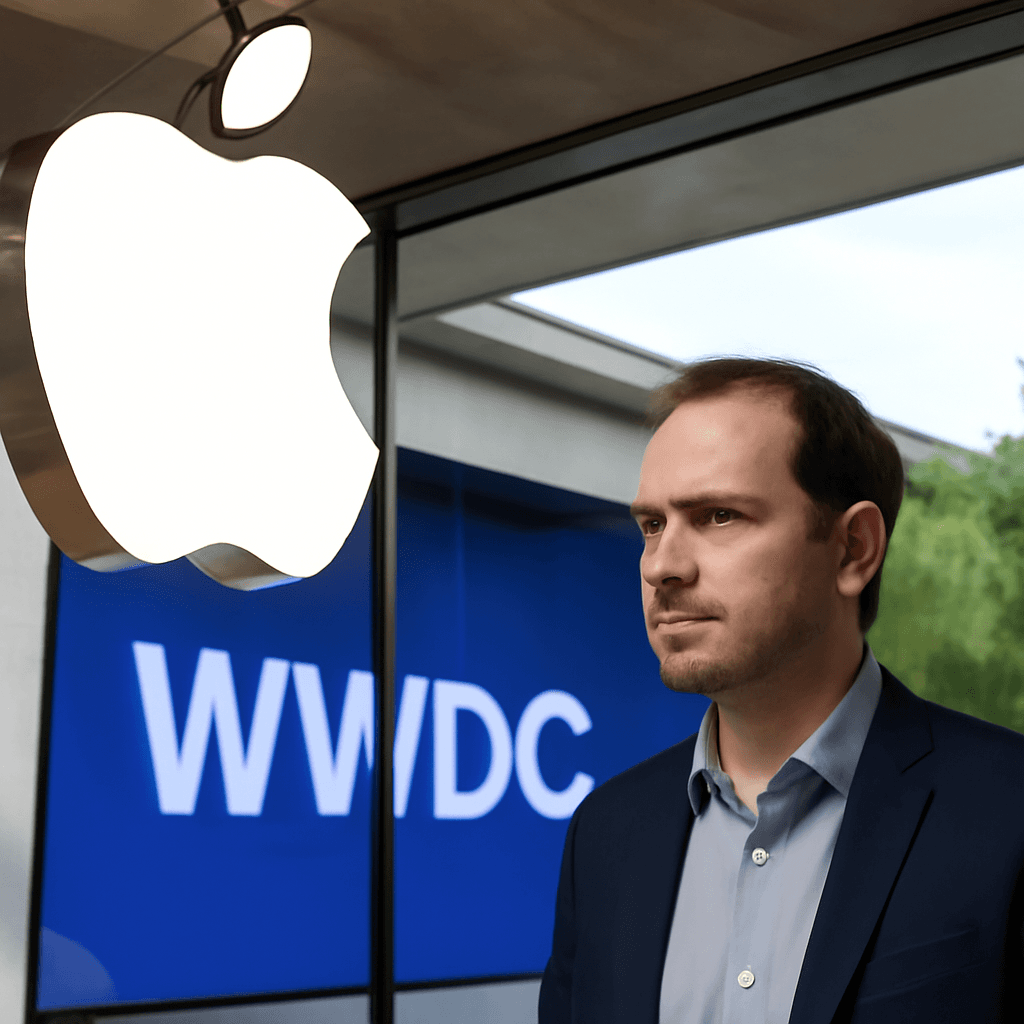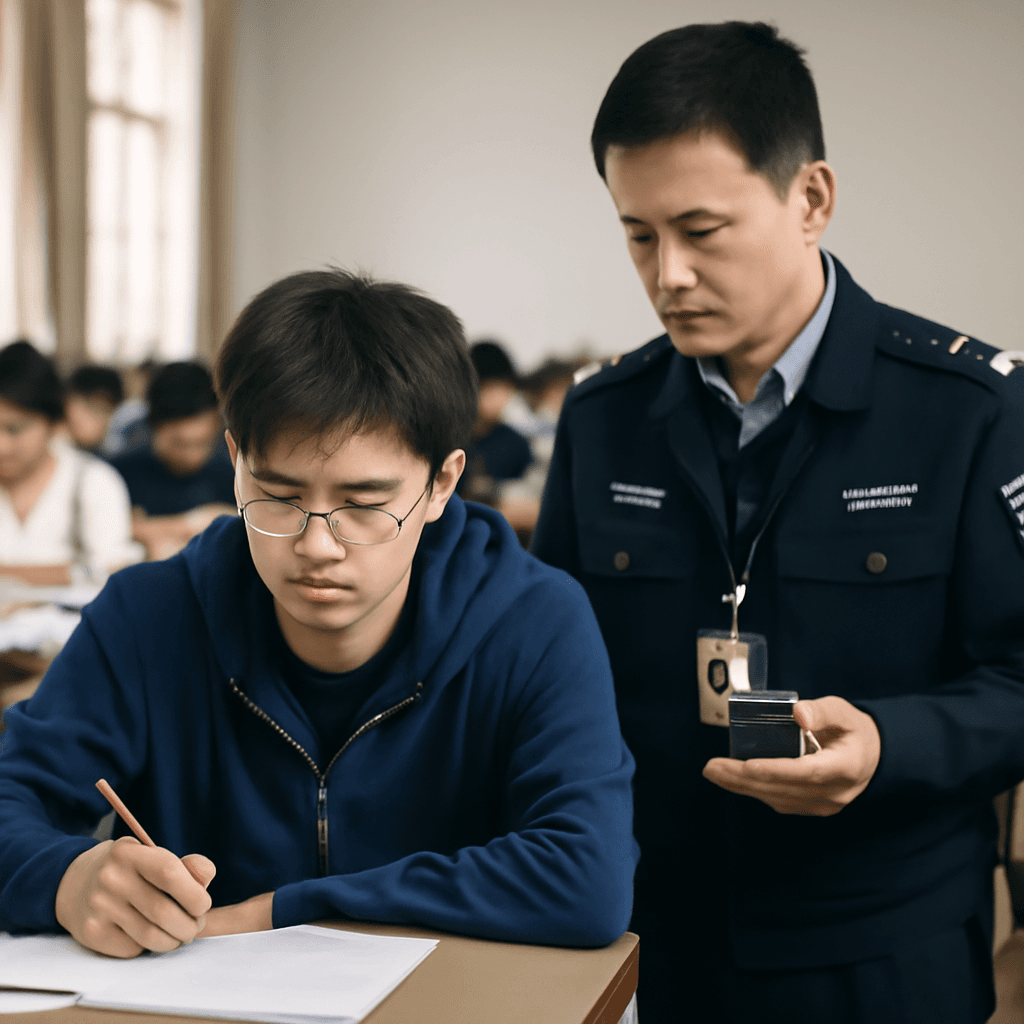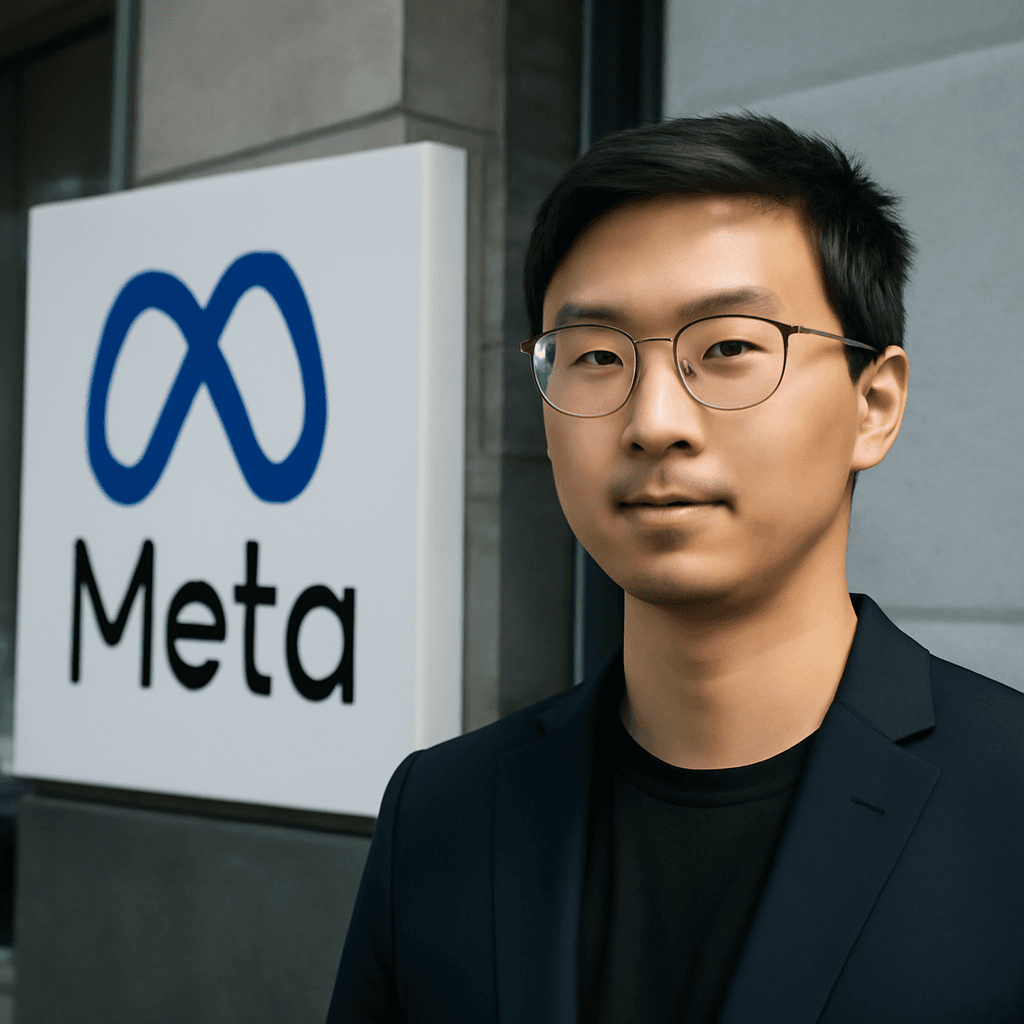AI Shifts Job Market Dynamics: What This Means for Degrees
The rapid advancement of artificial intelligence is reshaping the labor market at an unprecedented pace. According to a recent global report analyzing nearly a billion job postings worldwide, the demand for formal college degrees is waning—especially in occupations most affected by AI technologies.
Why Degrees Are Losing Ground in an AI-Driven Economy
In fields heavily influenced by AI, employers are prioritizing current skills and practical expertise over traditional academic credentials. Instead of relying solely on what candidates studied years ago, hiring managers increasingly focus on what individuals can accomplish today. This shift reflects how AI tools enable workers to rapidly build and command expert knowledge without formal education.
Faster Skills Turnover in AI-Exposed Fields
The pace at which sought-after skills are evolving is staggering. Occupations like financial analysts—highly exposed to AI—experience a 66% faster change in skill requirements compared to roles less affected by artificial intelligence, such as physical therapists. This rate has surged from 25% just a year ago, highlighting how swiftly technology disrupts workforce expectations.
Unlocking New Opportunities Beyond Traditional Degrees
While this rapid transformation challenges the value of formal degrees, it also democratizes opportunity. Workers who may lack access to lengthy or expensive university programs can now gain relevant skills through AI-powered tools, online platforms, and self-directed learning.
Embracing AI to Futureproof Your Career
Experts emphasize the importance of upskilling in AI to stay competitive. With the vast amount of knowledge accessible via AI and large language models, the bar for professional competence continuously rises. Being comfortable with a continuous learning mindset is no longer optional—it's essential.
- Explore different AI models and understand their capabilities.
- Learn effective prompting techniques for large language models.
- Follow technology updates through blogs and thought leaders.
- Regularly practice applying AI tools to real-world tasks.
These practical skills empower individuals to navigate the evolving job landscape and seize emerging opportunities. Resistance to new technology could mean falling behind in an increasingly competitive environment.
Beyond Skills: The Enduring Value of Higher-Order Thinking
Despite concerns about degrees becoming outdated, formal education still holds unique value. It cultivates critical thinking, social interaction, and the ability to evaluate complex problems—capabilities that AI cannot easily replicate. These higher-order skills are expected to grow in importance alongside technological advances.
Key Takeaways for Today’s Workforce
- Skills trump degrees in AI-impacted sectors, emphasizing adaptability and updated knowledge.
- Continuous learning, particularly around AI tools, is crucial for career resilience.
- Practical experience with emerging technologies is more valuable than passive knowledge.
- Higher-order cognitive skills developed through education remain indispensable.
In a world where artificial intelligence reshapes how we work and learn, embracing new technologies and maintaining a growth mindset will be key to thriving in tomorrow’s job market.



















